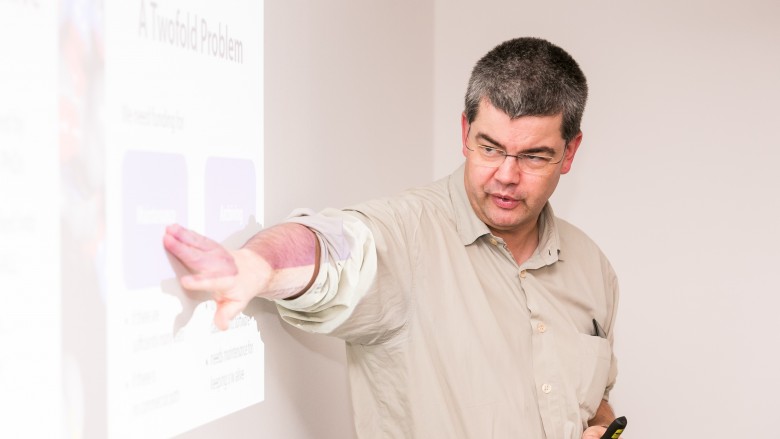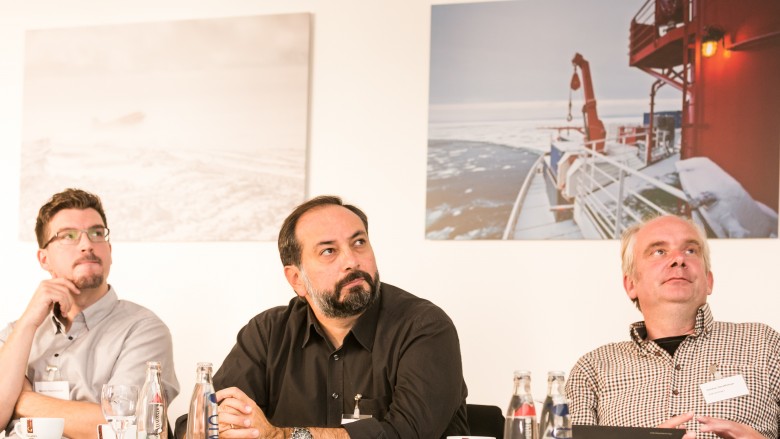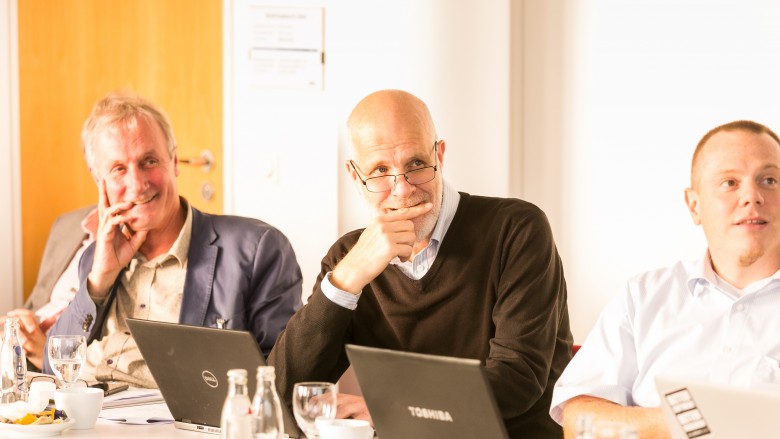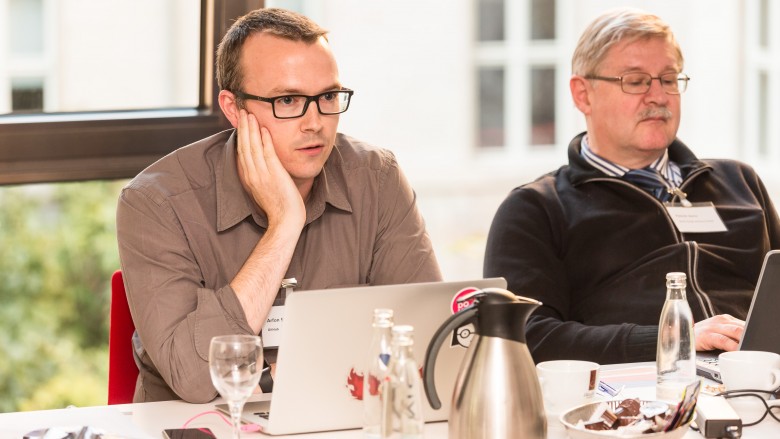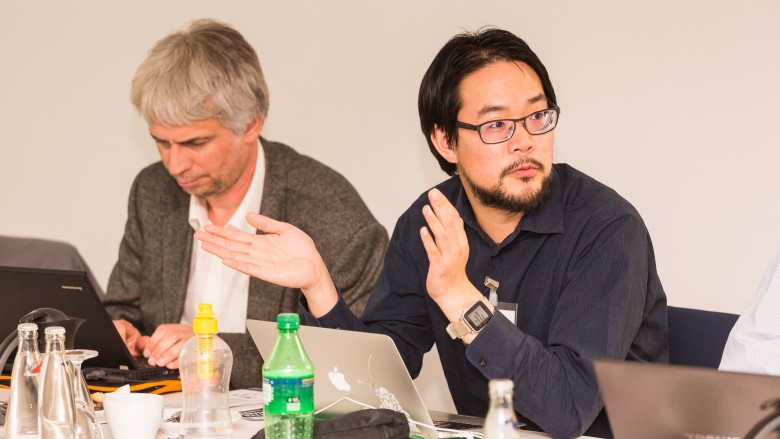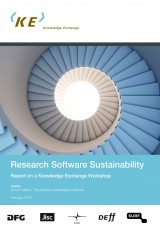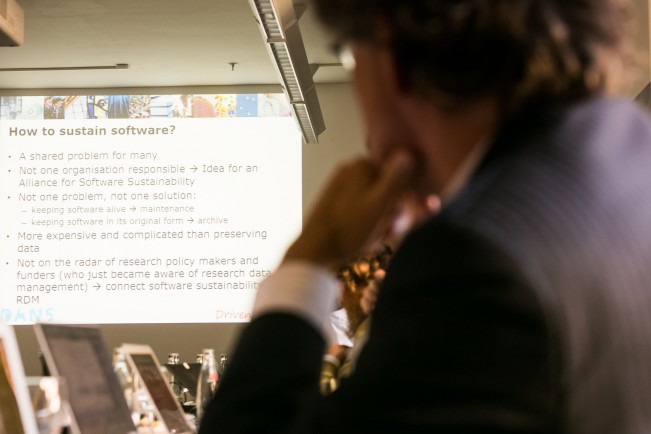
The report introduces software sustainability, provides definitions, clearly demonstrates that software is not the same as data and illustrates aspects of sustainability in the software lifecycle. The recommendations state that improving software sustainability requires a number of changes: some technical and others societal, some small and others significant. We must start by raising awareness of researchers' reliance on software. This goal will become easier if we recognise the valuable contribution that software makes to research and reward those people who invest their time into developing reliable and reproducible software.
The adoption of software has led to significant advances in research. But if we do not change our research practices, the continued rise in software use will be accompanied by a rise in retractions. Ultimately, anyone who is concerned about the reliability and reproducibility of research should be concerned about software sustainability.
Beside highlighting the benefits of software sustainability and addressing the societal and technical barriers to software sustainability, the report provides access to expertise in software sustainability and outlines the role of funders. The report concludes with a short landscape of national activities in Europe and outside Europe. As a result of the workshop steps will be explored to establish European coordination and cooperation of national initiatives.
